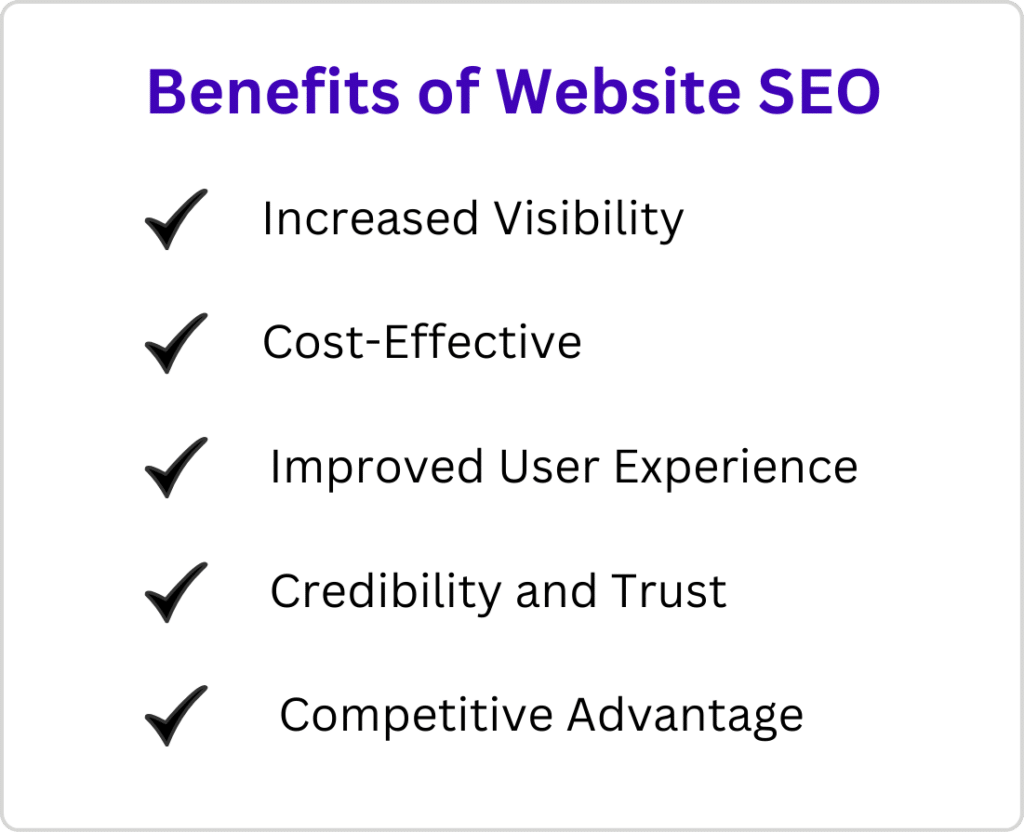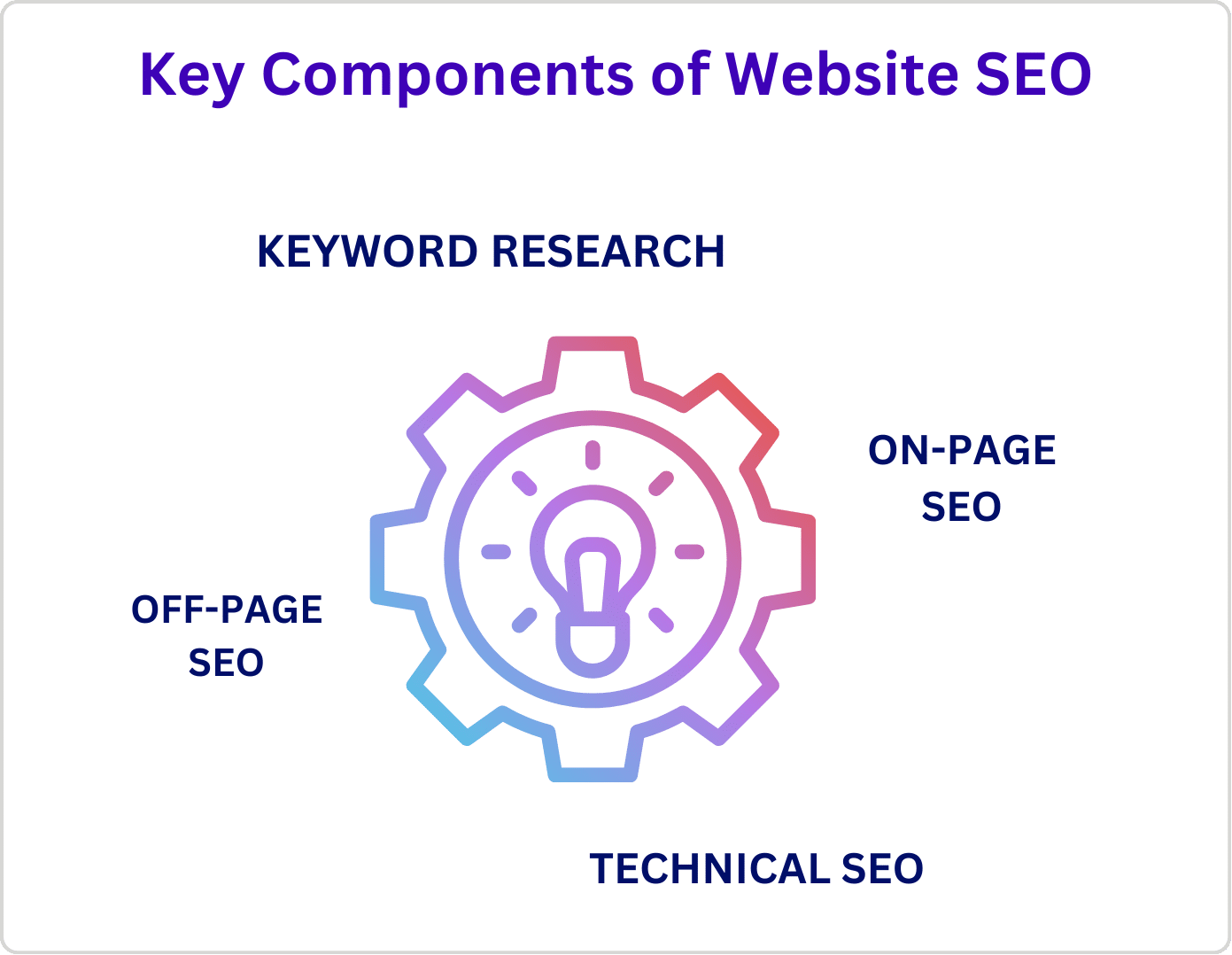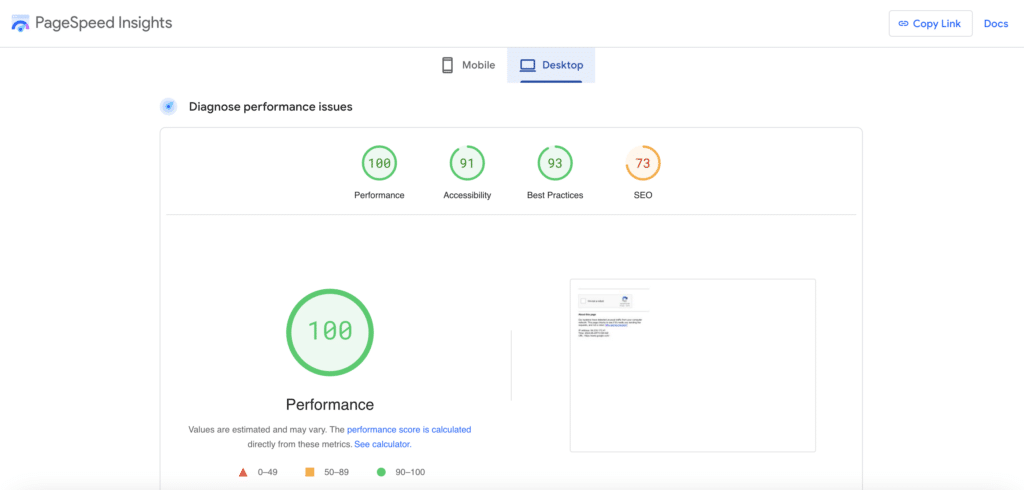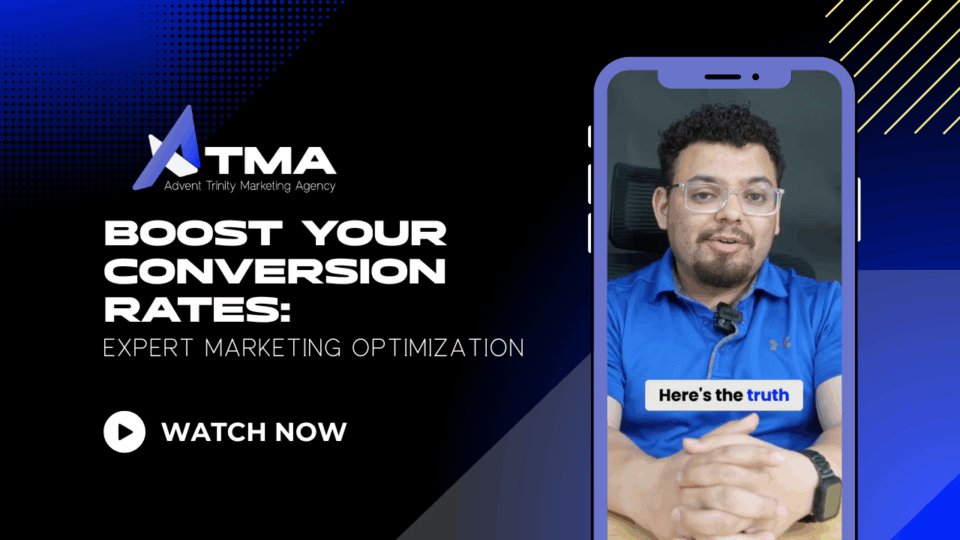
Build Your Online Community In These Easy Steps
August 17, 2024
Use Your Social Media Metrics to Drive Big Results
August 20, 2024In the digital era, having a strong online presence is crucial for businesses of all sizes. Website Search Engine Optimization (SEO) is a powerful strategy to improve your site’s visibility on search engines, attract more visitors, and ultimately drive business growth. This blog will cover the fundamentals of Website SEO, its benefits, key components, and tips for effective optimization.
What is Website SEO?
Website SEO involves optimizing your website to improve its ranking on search engine results pages (SERPs) for relevant keywords and phrases. By implementing various SEO techniques, you can enhance your website’s visibility, attract organic traffic, and improve user experience.
For a comprehensive introduction to SEO, visit the official SEMrush SEO Basics page.
Benefits of Website SEO
Increased Visibility: Higher search engine rankings lead to increased visibility and more organic traffic to your website.
Cost-Effective: Unlike paid advertising, organic search results are free, making SEO a cost-effective long-term strategy.
Improved User Experience: SEO involves optimizing your website’s structure and content, leading to a better user experience.
Credibility and Trust: Users often trust organic search results more than paid ads, which can enhance your business’s credibility.
Competitive Advantage: Effective SEO strategies can give you an edge over competitors who are not leveraging SEO

Key Components of Website SEO
Keyword Research
Keyword research is the foundation of any successful SEO strategy. It involves identifying the keywords and phrases potential customers use to search for your products or services. Tools like SEMrush, Google Keyword Planner, and Ahrefs can help you find relevant keywords with high search volume and low competition.

On-Page SEO
On-page SEO refers to the optimization of individual web pages to rank higher and earn more relevant traffic. Key elements of on-page SEO include:
Title Tags
Ensure your title tags are descriptive, keyword-rich, and within the recommended length.
Meta Descriptions
Write compelling meta descriptions that summarize the page content and include relevant keywords.
Header Tags (H1, H2, H3)
Use header tags to structure your content, making it easier for search engines and users to understand.
URL Structure
Create clean, descriptive URLs that include keywords and reflect the page content.
Content Optimization
Ensure your content is high-quality, informative, and optimized for target keywords. Use images, videos, and internal links to enhance content richness.

Technical SEO
Technical SEO involves optimizing your website’s technical aspects to improve its crawling and indexing by search engines. Key areas include:
Site Speed
Optimize your website’s loading speed to provide a better user experience and improve rankings.
Mobile-Friendliness
Ensure your website is responsive and performs well on mobile devices.
XML Sitemaps
Create and submit XML sitemaps to help search engines understand your website structure and index your pages efficiently.
Robots.txt
Use the robots.txt file to control which pages search engines should crawl and index.
Off-Page SEO
Off-page SEO involves activities outside your website that impact your rankings. The primary focus is on building high-quality backlinks from reputable websites. Key strategies include:
Content Marketing
Create valuable, shareable content that naturally attracts backlinks.
Guest Blogging
Write guest posts for authoritative websites in your industry to earn backlinks.
Social Media Marketing
Promote your content on social media to increase its reach and attract more backlinks.
Tips for Effective Website SEO
Perform Regular SEO Audits: Conduct regular SEO audits to identify and fix issues that may affect your website’s performance.
Stay Updated with Algorithm Changes: Keep up with the latest search engine algorithm updates and adjust your strategies accordingly.

Focus on Quality Content: Continuously create high-quality, relevant content that meets the needs of your target audience.
Optimize for Local SEO: If you have a local business, optimize your website for local search terms and claim your Google My Business listing.
Monitor and Analyze Performance: Use tools like Google Analytics and Google Search Console to track your website’s performance and make data-driven decisions.
Key Takeaways
Website SEO is an essential strategy for enhancing your online presence, driving organic traffic, and growing your business. By understanding and implementing the key components of SEO, you can achieve higher search engine rankings and attract more potential customers to your website.
For a deeper dive into the basics of SEO and to get started with optimizing your website, visit the official SEMrush SEO Basics page.
Embrace the power of SEO and unlock the full potential of your online presence. With the right approach and consistent effort, SEO can be a game-changer for your digital marketing success.





